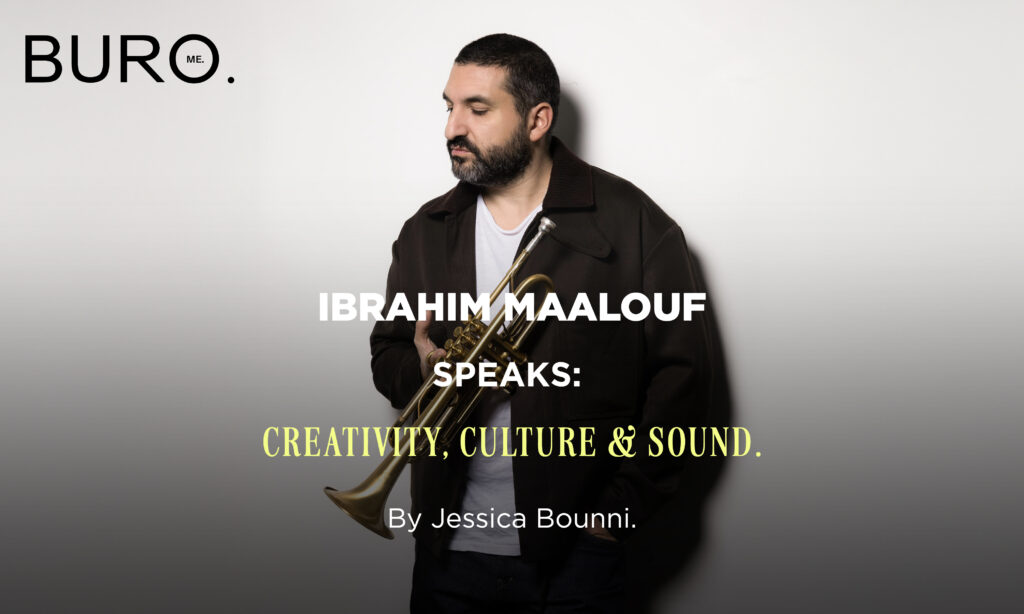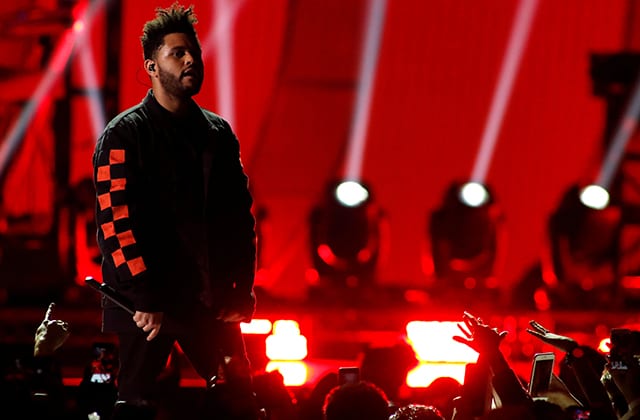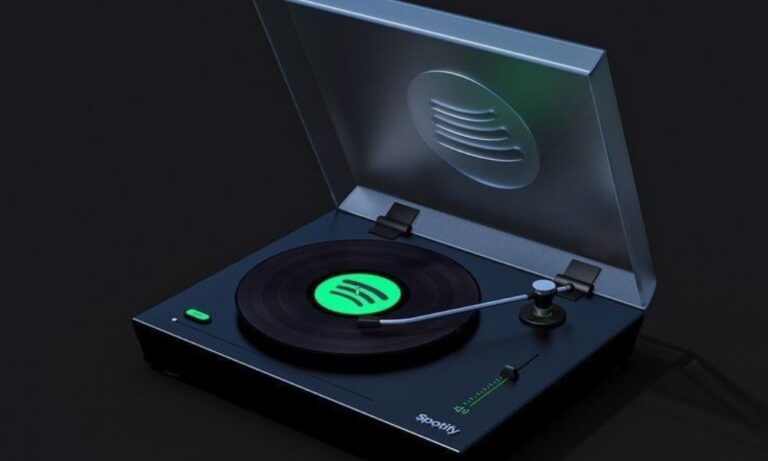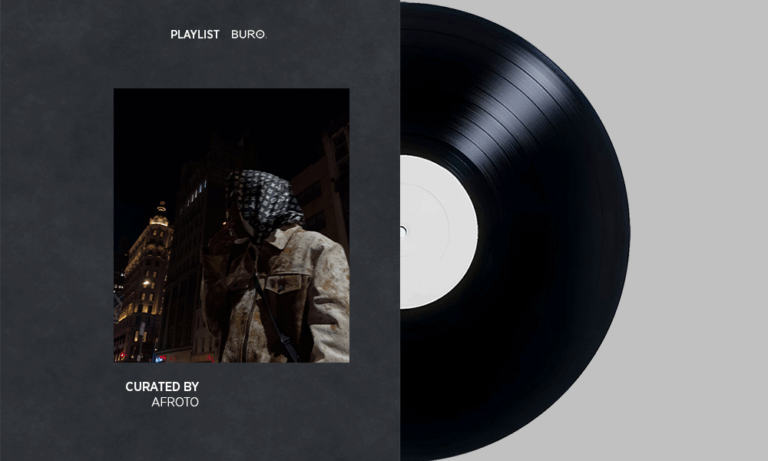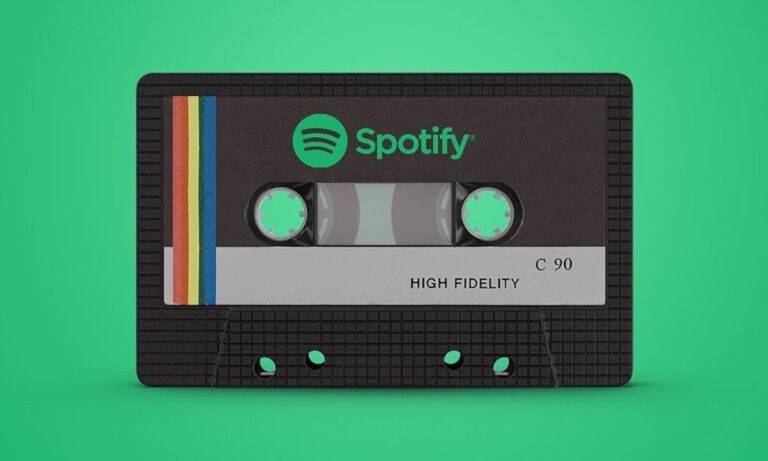Interviewing Ibrahim Maalouf for BURO was an absolute privilege. He’s not only a phenomenal musician but also a genuinely inspiring human being. Our conversation flowed effortlessly, full of lightness, insight, and creative energy, the kind of discussion that stays with you long after it ends. I’ve spoken to countless talents over the years, but he truly stands out as someone remarkable, both as an artist and as a person.
Today, he brings his music to Abu Dhabi, performing at the Cultural Foundation on 31 October 2025. While in the city, BURO had the chance to dive into an exclusive conversation with him, exploring his artistry, inspirations, and the fascinating intersection of music, culture, and history.
Looking ahead, Ibrahim is gearing up for a milestone celebration: on 10 April 2027, he’ll mark 20 years on stage with a monumental concert at Paris La Défense Arena. The show promises an unprecedented live experience, featuring international stars, 40,000 spectators, and global media coverage, a true celebration of two decades of innovation, emotion, and musical boundary-pushing.
YOUR SOUND DEFIES BORDERS. WHAT USUALLY COMES FIRST IN YOUR CREATIVE PROCESS, A MELODY, A MEMORY, OR A MISTAKE THAT TURNS INTO MAGIC?
The “mistake” part is almost a religion for me. I even wrote a book called Petite Philosophie de l’Improvisation in 2021, where I explain how everything can be a subject for creation, and how mistakes are actually blessings. We often calculate everything, we prepare everything in our head, even an interview like this. We prepare the questions, the answers, and then suddenly something unexpected happens, and very often, that’s where something interesting appears.
It’s the same in music. Everything is a pretext to create. I’m passionate about artistic creation, I can be inspired by people, by architecture, by music, and art in all its forms is part of that inspiration.
YOU’VE PERFORMED EVERYWHERE FROM INTIMATE JAZZ CLUBS TO MASSIVE FESTIVALS. WHAT HAS BEEN YOUR ULTIMATE PINCH-ME PERFORMANCE MOMENT?
There are many, but the first that comes to mind is the first time I played with Sting. He was one of the first truly global stars I met. I expected bodyguards and distance, but he was one of the most humble people I’ve ever encountered. The same happened when I met Quincy Jones.
People told me, “If Quincy likes your show, he’ll stay a bit longer and order food, otherwise he’ll leave after 15 minutes.” So during my performance I kept sneaking glances to see if he was still there. At one point, I saw a huge plate of sushi arrive and thought, okay… this is good.
After the concert, he stayed and spoke to me for almost an hour. He told me he wanted to manage me in the United States, and that’s how I ended up performing with him there. These moments meant more than the music itself. They showed me how much humility it takes to become who they are.
IF YOU COULD TIME-TRAVEL AND JAM WITH ANY HISTORICAL MUSICIAN, WHO WOULD IT BE, AND WHAT INSTRUMENT WOULD YOU SWAP FOR THE DAY?
Bach. And piano. He was such an incredible improviser and creator. I’d watch him improvise fugues and try to play alongside him, asking, “What do you think of this?”
WHAT DO YOU THINK THE MUSIC INDUSTRY LACKS TODAY?
Spontaneity itself. Everything is calculated, even selfies, even collaborations between artists. Everything is prepared by production houses and managers. There’s nothing spontaneous anymore, and I think that’s what’s missing today.
WHAT IS THE CREATIVE VISION BEHIND YOUR UPCOMING 2027 PARIS CONCERT, AND WHICH STAR COLLABORATIONS ARE ALREADY TAKING SHAPE?
I can’t mention the big names yet because we’re still working on them, and I’ll only disclose the name of Hiba Tawaji for now. But yes, it’s my biggest show ever: the 20-year anniversary of my live performances. There will be many other incredible artists involved, and I’m working on it every single day. It’s very exciting.
HOW DO YOU CONTINUE TO BRIDGE EAST AND WEST THROUGH YOUR MUSIC, TRANSLATING IDENTITY AND EMOTION INTO SOUND?
I do it by not trying. Authenticity is everything. Music is the deepest form of human connection, emotion speaking directly to emotion, so nothing should ever feel forced or calculated. I’m naturally a blend of Western and Middle Eastern cultures; it already lives within me. I’m Arab, and I’m also Western, 100% French, 100% Lebanese.
When I express myself honestly, that mix comes through effortlessly. I don’t have to consciously blend these cultures, I am both, and being true to myself is enough.
WHY IS ABU DHABI SUCH AN IMPORTANT STOP ON YOUR JOURNEY TOWARD THIS DEFINING MOMENT IN PARIS?
Abu Dhabi is a city in transformation, becoming a true cultural hub. Whether people realize it or not, the city’s investment in culture, art, and music is turning it into an extremely important place for encounters and cultural exchange, all while maintaining a strong Arab influence.
For a long time, classical music, for example, erased its Oriental roots, presenting them more as a cliché than as a foundation. Even in jazz, the influence of African and Arab music is often sidelined in favor of European traditions. Abu Dhabi, in a way, restores that balance. It reminds the world that Arab culture can play a central role in global cultural evolution. Being here is my way of participating in that.
HOW DO YOU RECHARGE YOUR CREATIVITY WHEN THE WORLD BECOMES TOO LOUD?
Music itself is the medicine. When I feel blocked, I return to it, through technique, practice, and sound. I’ve always healed myself with music, and it’s not just a spiritual belief, it’s actually technical. The type of music we hear can shape the rhythm of our heartbeat. That’s why, when we’re young, we’re drawn to fast music, because it matches the faster beat of our hearts. As we grow older, that changes. Playing softer music creates a mood and affects us physically. Music can even be used in music therapy and psychology to heal, regulate our states, and calm anxiety.
YOUR FATHER INVENTED THE FOUR-VALVE TRUMPET SO ARABIC MUSIC COULD BE PLAYED AUTHENTICALLY. WHEN DID YOU REALIZE HOW REVOLUTIONARY THAT WAS?
I knew it was innovative from a young age, but the revolutionary aspect hit me in my 20s. I was about to quit music entirely; I wanted to become an architect, a film composer. One day, I looked at the trumpet and realized I had taken it for granted, it was given to me as if it had always existed.
When I understood the consequences of that invention, what it brings to music, how it changed the instrument, and the journey that led him to create it, everything shifted. And it’s not only the four-valve; he actually invented a way to play music that nobody had invented before him… One day, this will be a book or a movie.
IS THERE A COLLABORATION THAT COMPLETELY SHIFTED YOUR UNDERSTANDING OF MUSIC, OR YOURSELF?
Many artists shaped my vision, but ultimately, I come back to my father. From age seven to fourteen, I had a lesson with him every single day. As a parent myself, I now understand what a massive commitment that is. It changed everything about how I see music, and life.
DO YOU REMEMBER THE FIRST PIECE YOU EVER PERFORMED IN FRONT OF AN AUDIENCE?
Yes. I composed a lot as a child and would sometimes play at family gatherings in Lebanon. I had this electric keyboard, and in my imagination people would always dance to my music, but only in my room.
One night, they asked me to play, and suddenly everyone was dancing and clapping just like I’d imagined. I still remember it as one of the happiest musical moments of my childhood. Music can be tough, lessons every day, the pressure, but that night taught me that music can be joy.
ALSO READ: SWAY AND SLAY WITH BURO’S PLAYLIST, THIS WEEK CURATED BY ASTRO.
